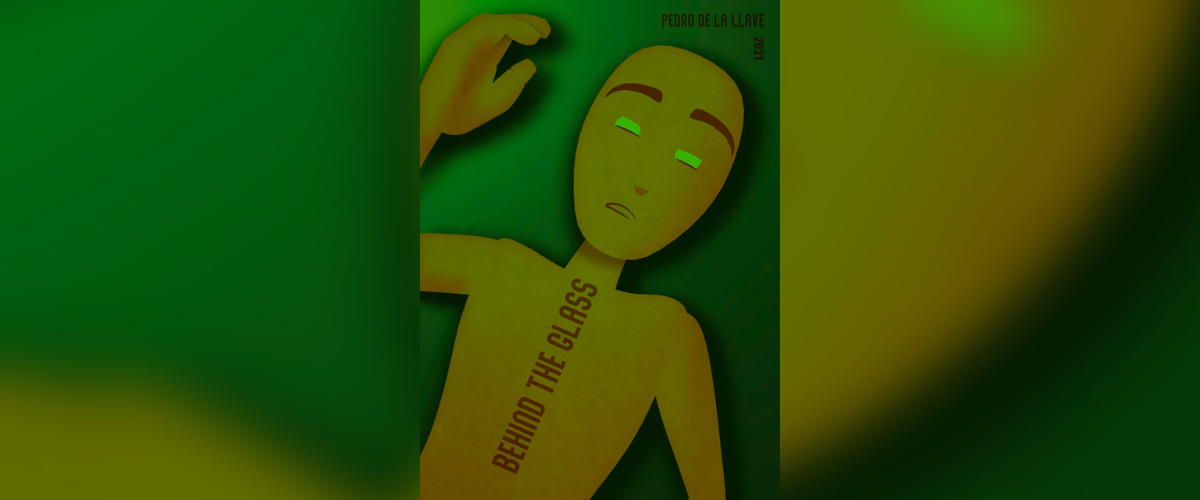
We already know that the expressiveness and sensitivity of animations can exceed the impact of a conventional film. Pedro de la Llave, at least, seems to be aware of this aspect, and his project is a proof that the simplicity, the minimalism and suggestiveness that only the cinematic language of animation can confer is one of the most effective tools to communicate. Thus, his short film, ‘Behind the Glass‘, apparently doesn’t impress with its visual formula. On the contrary, this fictional universe is constructed using simple forms, a limited chromatic palette, no dialogue and a linear narrative stake. But beyond these defining features, the project actually offers us a coherent and powerful metaphor for interpersonal relationships compromised by all forms of addiction, especially drugs. The glass becomes here a symbol of isolation, of a seclusion fed by illusory prospects, whose “transparency” allows the protagonist to take a look at the world outside, while preventing them from being an active part of it.











